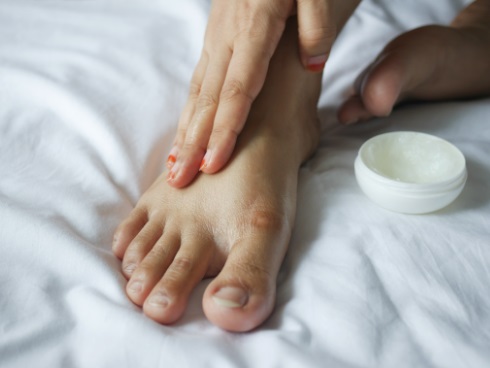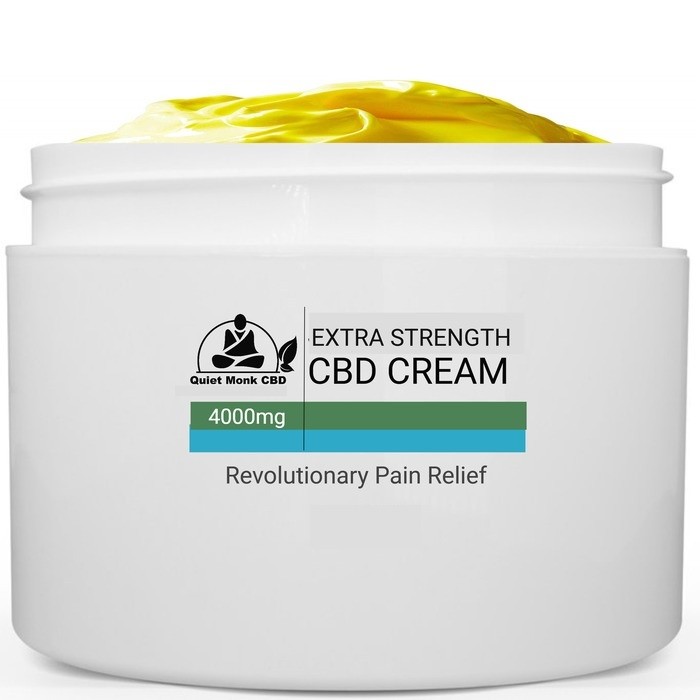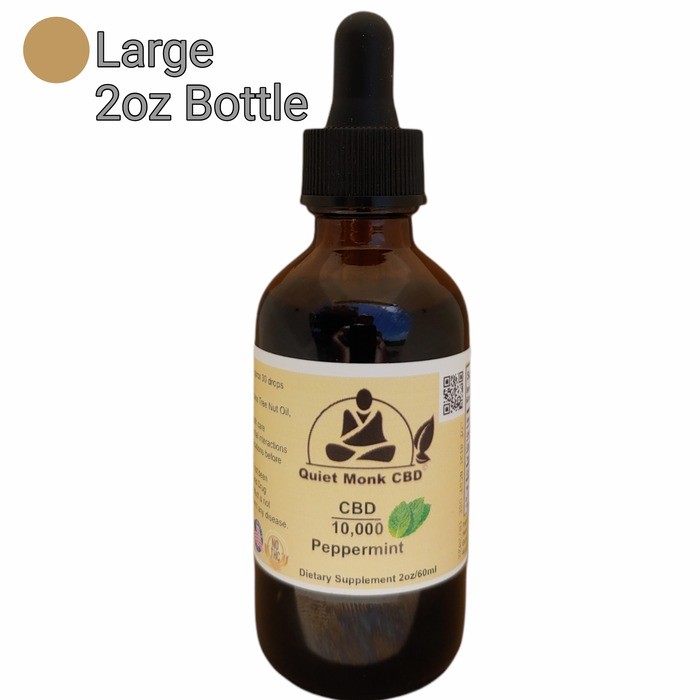Swollen feet can be a painful and frustrating experience. Whether it’s due to an injury, medical condition, or just a long day on your feet, finding relief is crucial. CBD oil has gained popularity as a potential remedy for a variety of health concerns, including swelling. But does it really help with swollen feet? In this article, we’ll explore the causes of swollen feet, the properties of CBD oil, and how it might provide relief.

Understanding Swollen Feet
Swollen feet, also known as edema, can be the result of fluid retention or inflammation. It’s important to understand the underlying cause of your swollen feet in order to determine the most effective treatment options.
Causes of Swollen Feet
Health Conditions
Several health conditions can lead to swollen feet, including:
- Heart failure
- Kidney disease
- Liver disease
- Blood clots
- Venous insufficiency
If you suspect that any of these conditions are causing your swollen feet, it’s essential to consult with a healthcare professional.
Lifestyle Factors
Swollen feet can also be the result of lifestyle factors, such as:
- Prolonged standing or sitting
- High-sodium diet
- Wearing tight, restrictive clothing or footwear
- Pregnancy
- Obesity
Addressing these lifestyle factors may help reduce or eliminate swelling in the feet.
What is CBD Oil?
Cannabidiol (CBD) oil is a natural compound derived from the hemp plant, a close relative of the marijuana plant. Unlike THC, the psychoactive compound found in marijuana, CBD products do not produce a “high.” Instead, it has been studied for its potential therapeutic effects on various health issues, including pain, inflammation, and anxiety.
How CBD Oil Works
CBD interacts with the body’s endocannabinoid system (ECS), which plays a crucial role in maintaining overall balance and well-being. By binding to specific receptors in the ECS, CBD may help regulate pain, inflammation, and other physiological responses.
CBD Oil Benefits
Research has shown that CBD oil may offer several benefits, including:
- Reducing pain and inflammation
- Improving sleep quality
- Reducing anxiety and depression
- Protecting against neurodegenerative diseases
CBD Oil and Swollen Feet
CBD oil’s potential benefits for swollen feet stem primarily from its anti-inflammatory and pain-relieving properties.
Anti-inflammatory Properties
CBD has been found to possess potent anti-inflammatory effects. By reducing inflammation, it may help alleviate swelling in the feet.
Pain Relief
Swollen feet can be painful, and CBD has been studied for its potential analgesic properties. Research has shown that CBD can help reduce pain by interacting with the body’s pain receptors. By alleviating pain, CBD oil may make it easier for those with swollen feet to find relief and maintain their daily activities.
Improving Circulation
While more research is needed, some studies suggest that CBD may help improve blood flow and circulation. Enhanced circulation can potentially alleviate swelling in the feet by promoting proper fluid balance and preventing fluid buildup.
How to Use CBD Oil for Swollen Feet
There are several ways to use CBD oil for swollen feet, including topical application and oral consumption. The method you choose may depend on the severity of your symptoms and your personal preferences.

Topical Application
Applying CBD oil directly to the swollen area can provide targeted relief. Topical CBD products, such as creams, lotions, and balms, are designed to penetrate the skin and deliver CBD to the affected area. Gently massaging the product into your feet can also help improve circulation and further reduce swelling.

Oral Consumption
CBD oil can also be consumed orally in the form of tinctures, capsules, or edibles. Oral consumption allows the CBD to be absorbed into the bloodstream, potentially providing systemic relief for swollen feet. However, the effects of oral CBD may take longer to manifest compared to topical application.
Precautions and Side Effects
While CBD oil is generally considered safe and well-tolerated, it’s essential to be aware of potential side effects and precautions. Some individuals may experience mild side effects such as dizziness, drowsiness, dry mouth, or changes in appetite. It’s crucial to start with a low dose and gradually increase it to determine your optimal dosage.
If you’re taking medications, consult with your healthcare provider before using CBD oil, as it may interact with certain drugs. Pregnant and breastfeeding individuals should also consult their healthcare provider before using CBD oil.
Conclusion
CBD oil may provide relief for swollen feet due to its anti-inflammatory, pain-relieving, and circulation-boosting properties. Topical applications like cbd salve and oral consumption are two common methods for using CBD oil to address swelling. While generally safe, it’s essential to take precautions and consult with a healthcare professional if you have any concerns. As more research emerges, CBD oil may become an increasingly popular option for those seeking natural remedies for swollen feet.
FAQs
1. Can CBD oil help with swollen feet during pregnancy?
While CBD oil has shown promise in reducing inflammation and swelling, pregnant individuals should consult with their healthcare provider before using CBD oil.
2. How long does it take for CBD oil to work on swollen feet?
The time it takes for CBD oil to provide relief for swollen feet may vary depending on the method of use. Topical application can provide faster relief, while oral consumption may take longer to manifest effects.
3. Is CBD oil legal?
CBD oil derived from hemp containing less than 0.3% THC is legal in most countries and states. However, laws surrounding CBD can vary, so it’s essential to check your local regulations.
4. Can I use CBD oil in conjunction with other treatments for swollen feet?
It’s essential to consult with your healthcare provider before combining CBD oil with other treatments, as CBD may interact with certain medications.
5. Are there any risks associated with using CBD oil for swollen feet?
While CBD oil is generally considered safe, some individuals may experience mild side effects. Always start with a low dose and gradually increase it, and consult with a healthcare provider if you have any concerns.


